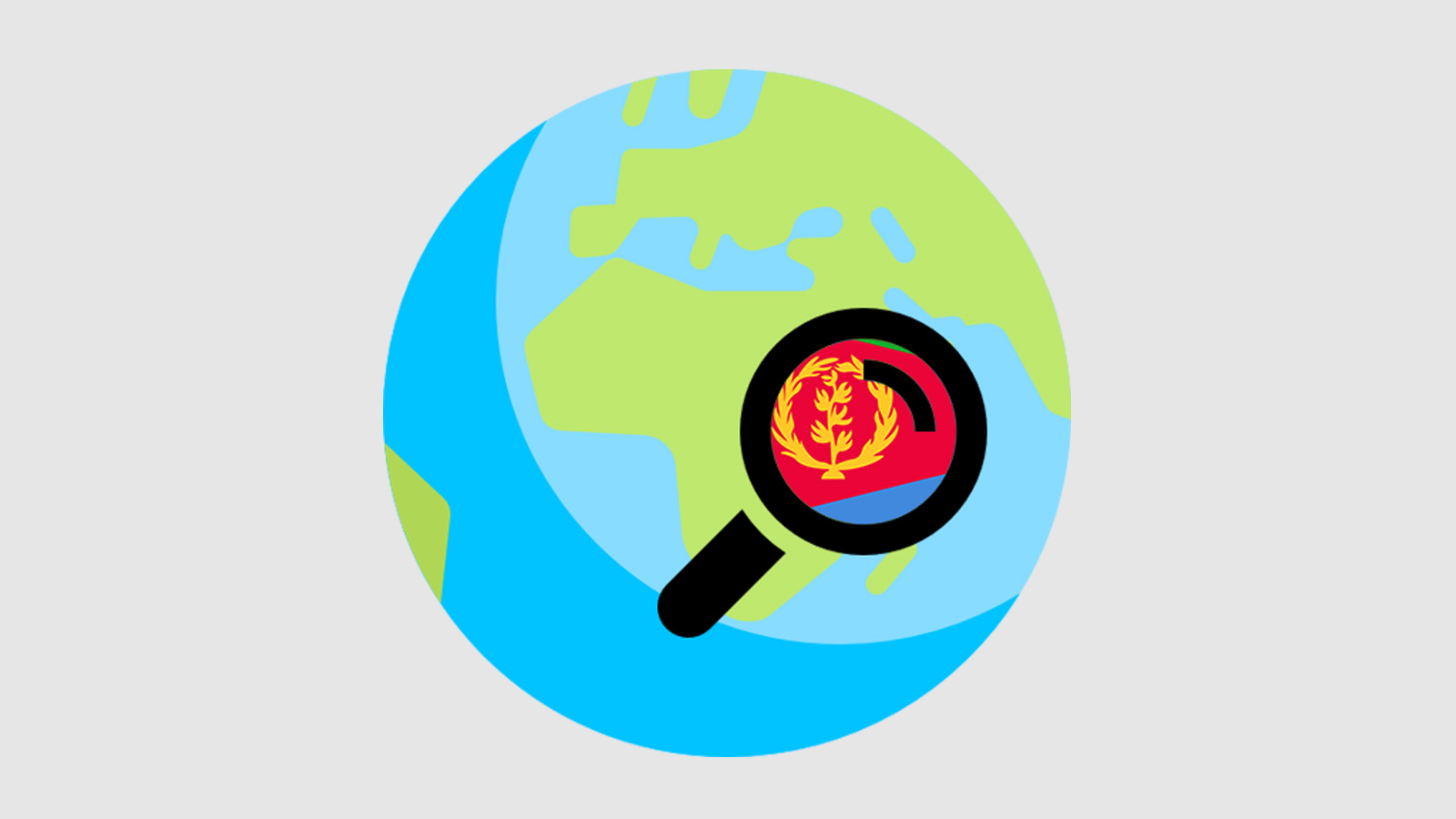In a joint letter released ahead of the UN Human Rights Council’s 59th session (HRC59, 16 June-11 July 2025), civil society calls on the Council to extend the mandate of the Special Rapporteur on Eritrea.
The signatories also suggest to move away from the approach followed since 2019 (when Djibouti and Somalia, the traditional co-sponsors of Eritrea resolutions, discontinued their leadership), namely short resolutions, and urge the Council to produce a substantive assessment of Eritrea’s human rights situation.
In the country, ongoing violations include, among others, arbitrary arrests and detentions; violations of due process; torture; enforced disappearances; conscription into the country’s abusive national service system; violations of economic, social and cultural rights; and severe restrictions on fundamental freedoms, leading to a total closure of civic space.
The 2016 findings of the Commission of Inquiry (COI) on Eritrea that there are “reasonable grounds to believe” that crimes against humanity have been committed in the country since 1991, remain valid.
Signatories to the letter released today stress that in addition to all the issues addressed in pre-2019 resolutions on Eritrea, COI and Special Rapporteur reports, and successive civil society letters, the next Council resolution should address:
(1) The impact of Eritrea’s domestic situation abroad, including severe effects on the diaspora, who often face extraterritorial attacks (the Special Rapporteur has addressed such attacks as “transnational repression”);
(2) The need to ensure adequate follow-up to the Council’s action on Eritrea so far. In this regard, the Special Rapporteur should be mandated to present an assessment of the evolution of Eritrea’s human rights situation in the context of the 10-year anniversary of the first report of the COI on Eritrea and a stocktaking of accountability options and processes available to address past and ongoing violations.
- Read the letter in English (PDF).
- French version / version française (PDF).

